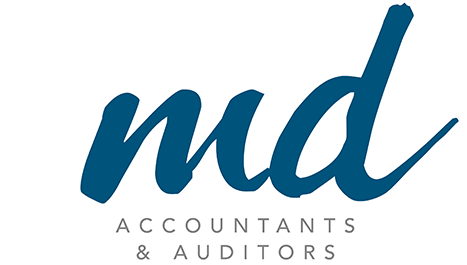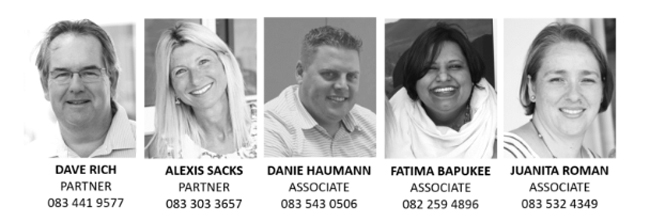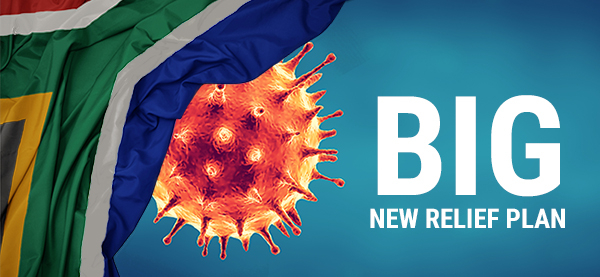|
|
|
|
|

|
 |
|
Ramaphosa Rolls Out Half a Trillion Rand to Support the SA Economy
|
|
|

|
|
|
On Tuesday night President Cyril Ramaphosa told South Africa that the government "will not spare any effort, or any expense, in our determination to support our people and protect them from harm". The economic support package that he announced of half a trillion rand was evidence of this.
The substantial stimulus comes in addition to the measures that government has already implemented in the past few weeks to support the economy, and will provide relief to millions of people, and hundreds of thousands of businesses.
Essentially, the package is divided into three parts:
- A R200 billion bank guaranteed lending programme for small, medium and micro enterprises (SMMEs).
- Additional tax relief for companies.
- A fiscal spending programme that includes money for health, social grants, food provision, job creation and business support.
Guaranteed loans
The R200 billion lending scheme will be implemented by the government guaranteeing loans made by the country's major banks. This will allow these banks to offer credit at lower rates, and to companies that may not usually have qualified for it.
This will provide a lifeline to businesses that are struggling to meet operational costs such as salaries, rent and paying suppliers. The exact details of how the scheme will work should be clarified in the coming days, but the President noted that, initially, it will be targeted at companies with turnovers of under R300 million per year.
"It is expected that the scheme will support over 700 000 firms and more than three million employees through this difficult period," Ramaphosa said. "A number of the banks are ready to roll out the product before the end of the month."
Additional business support
The President also announced a range of tax relief measures to help businesses in the coming months. These include:
- A four-month holiday during which companies will not have to pay their skills development levy contributions.
- A three-month delay in the first filing and payment of carbon tax.
- More emphasis on fast-tracking VAT refunds.
In addition, Ramaphosa expanded the relief available by allowing companies to defer some of their PAYE payments to the South African Revenue Service (SARS). Previously, businesses with turnover of less than R50 million were allowed to defer 20% of their PAYE due to SARS until after September. This threshold was raised to include businesses with turnover of under R100 million, while the portion of PAYE that may be deferred was also lifted to 35%.
Any business with a turnover of more than R100 million will also be able to apply to SARS to ask to be allowed to make a similar deferral. These will be assessed on a case-by-case basis.
Support where it's needed
Ramaphosa also announced additional spending in key areas necessary for addressing the country's health crisis. These include:
- An additional R20 billion towards health efforts.
- Assistance of R20 billion to municipalities for the provision of water, sanitation and food and shelter for homeless people.
A significant part of the additional spending that the President announced will also go towards supporting South Africans who are most at risk from a sharply weaker economy. This will be done primarily through increasing social grants and feeding schemes.
In addition, Ramaphosa noted that R100 billion will be set aside for the protection and creation of jobs. There was, however, little clarity on what this would entail or how it would be implemented. The President mentioned that R40 billion would be provided for income support payments for workers whose employers are unable to pay wages.
Unanswered questions
Apart from the details that still need to be filled in regarding the above measures, the government will also need to clarify how it will fund this stimulus. President Ramaphosa did mention that the country is seeking assistance from a number of international finance institutions, including the World Bank, IMF, the BRICS New Development Bank and the African Development Bank.
The amounts and conditions attached to any support received from these institutions will need to be clarified by National Treasury in the coming weeks.
The Minister of Finance, Tito Mboweni, should also present an emergency health budget shortly. This will detail how R130 billion of the country's spending will be 're-prioritised', which means that money initially allocated in the budget announced in February will be shifted to pay for this package.
Critically, the President also mentioned the imperative of speeding up structural reforms. This will be a vital part of ensuring that businesses have a better operating environment after the crisis, but the detail and the implementation on this are still lacking.
Overall, the President's announcement sets a positive tone, but it now requires getting things done. As Prof. Raymond Parsons, economist at North-West University's Business School, notes:
"Post-Covid-19 South Africa needs to eventually break out of its ‘low growth trap’, without falling into a ‘debt trap’. Hence both short term support measures and longer term inclusive growth policies must point in the same direction if South Africa to build a ‘new economy’ and look ahead to renewed prosperity."
© DotNews
|
|
| |
|
|
|
| |
MD House
Greenford Office Estate
Off Punters Way
KENILWORTH, 7708
|
Tel: 021 683 4834
Fax: 086 541 2872
Email: newsletters@mdacc.co.za
Website: www.mdacc.co.za
|
|
|
|
|
|
|
|
|